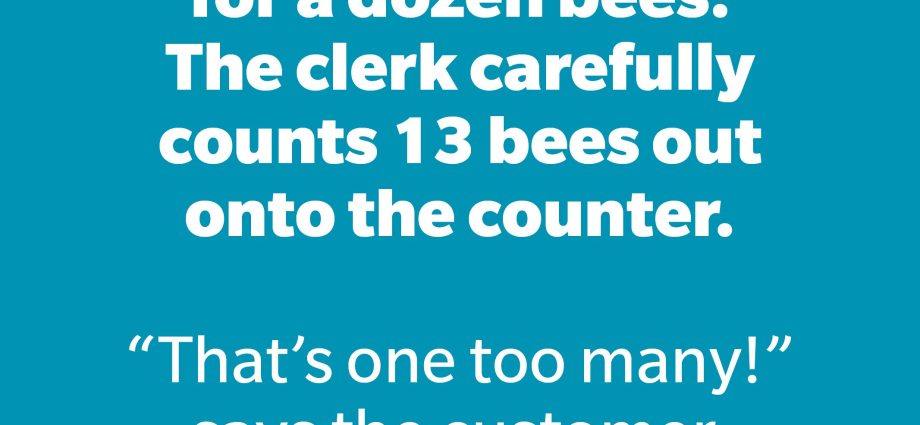Do you have a colleague with a great sense of humor? The one whose jokes hit on the spot, who can cheer everyone up even at the time of a terrible emergency or missed deadlines, the one whose sarcasm is not offended? We bet this colleague is a man, not a woman. And that’s where these conclusions come from.
There are probably such people in your environment: they appear and literally defuse the situation with one phrase. You can even look forward to the start of the working day, because you know that you will not be bored in the office with them. Witty colleagues make tedious meetings and endless work tasks more bearable. And if the boss has a sense of humor, even better. It’s impossible not to admire leaders who don’t take things too seriously, including themselves.
A “but” should appear here, and here it is. Recently, University of Arizona professor Jonathan B. Evans and colleagues found that humor can help create a productive work environment, but it also matters who is joking. Scientists have suggested that male jokers raise their status in the team, and women only harm themselves, and stereotypes are to blame for this. For a long time it was believed that a woman could not be funny — remember at least the first steps on the stage of the main character of the TV series The Incredible Mrs. Maisel. And it doesn’t matter if the joke is actually funny, the attitude towards a woman in a team can distort the meaning of what was said.
Jokingly, men tend to earn «points» while women lose
You may have found yourself in a meeting or working group where one of the members (a man) was constantly wisecracking. Even if you were trying to focus on a serious task, you probably chuckled from time to time. What did you think about the joker? It is unlikely that the attitude towards him became worse. Now imagine that this role was played by a woman. Do you think she would be considered witty or annoying?
A prankster can be perceived in different ways: as someone who helps relieve tension and defuse the situation, or as someone who distracts from work — and gender affects perception. Jokingly, men tend to earn «points» while women lose.
Serious conclusions
To confirm the hypothesis, Jonathan B. Evans and colleagues conducted two series of studies. In the first, 96 participants were asked to watch a video and rate jokes told by either a male or a female leader (the jokes were the same). All they knew about the hero in advance was that he was a successful and talented person. As expected, the participants rated the humor of the male leader higher.
In the second series, 216 participants watched videos of a man or woman telling jokes or not joking at all. The subjects were asked to evaluate the status, performance and leadership qualities of the heroes. Participants considered female pranksters to be lower in status and attributed them to lower performance and weak leadership qualities.
Men can make fun of colleagues, and this only raises their status in the team.
We never take a joke «in its purest form»: the personality of the narrator largely determines whether it will seem funny. “What is allowed to Jupiter is not allowed to the bull”: men can make fun of colleagues and even make sarcastic remarks, and this only raises their status in the team, a woman who allows herself this can be considered frivolous, frivolous. And it becomes another glass ceiling for women leaders.
What is the way out of this situation? Evans is sure that it is worth getting rid of the prism of stereotypes and not evaluating the words of a person based on his gender. We need to give women more freedom, and maybe then we will begin to understand and appreciate the humor itself, and not the narrator.










